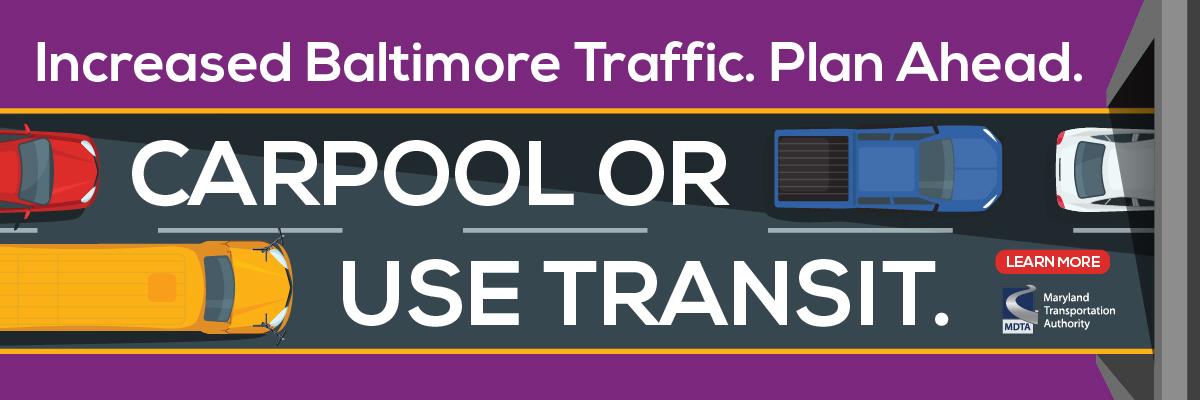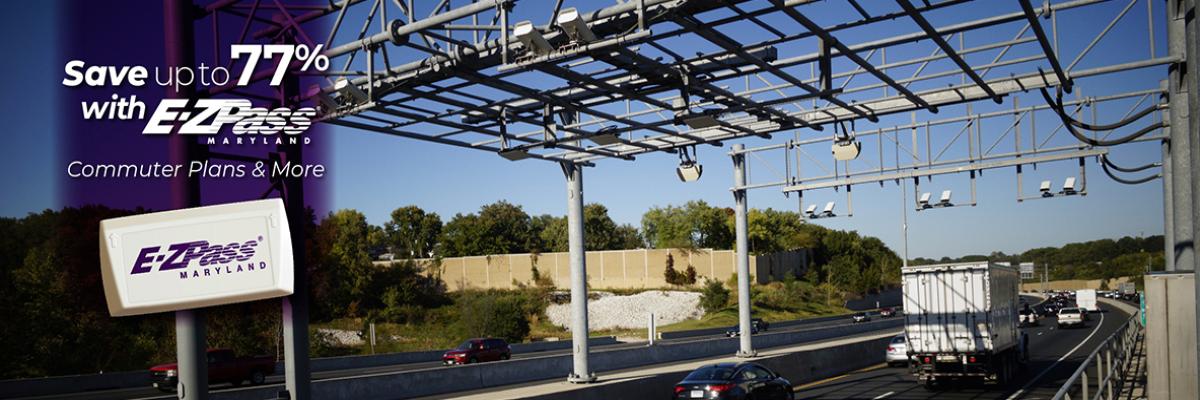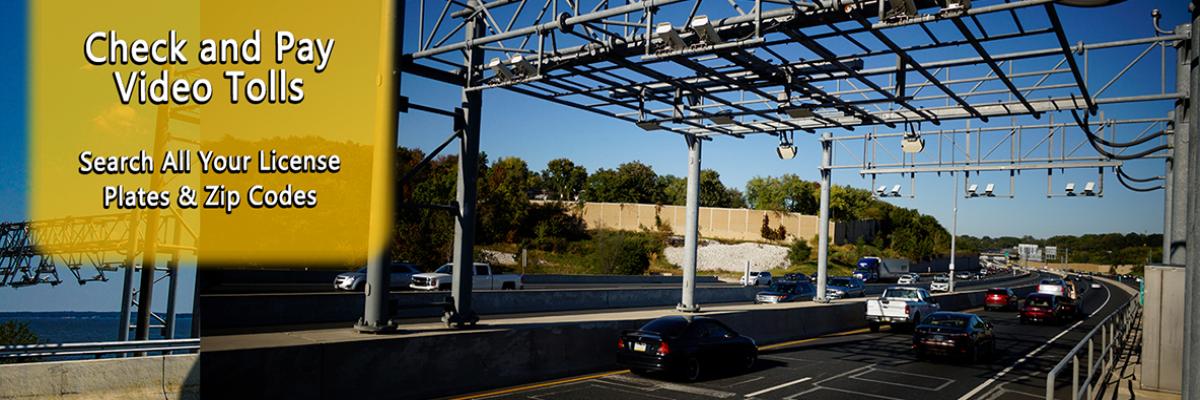Maryland Delivers New Nice-Middleton Bridge On Budget and Three Months Ahead of Schedule, Replacing 82-Year Old Span
New Bridge Doubles Capacity, Improves Safety, and Enhances Emergency Response Activities
Old Bridge to Be Utilized For 100 Acres of Newly Seeded Oyster Bed In Lower Potomac River Basin, Advancing Clean Water Goals
ANNAPOLIS, MD—Governor Larry Hogan today led a historic ceremony to dedicate the new $463 million Governor Harry W. Nice Memorial/Senator Thomas “Mac” Middleton Bridge on US 301. The new span will fully open to traffic by the morning of Thursday, October 13—three months ahead of schedule—and will deliver a wider, safer, and better bridge across the Potomac River between Charles County, MD, and King George County, VA.
“I want to sincerely thank the Maryland Transportation Authority and our entire Maryland Department of Transportation team for rising to this difficult challenge, and I want to thank all of the crews and construction workers, and every single one of the men and women who worked day in and day out—including during the COVID pandemic—to deliver this incredible new structure on budget and ahead of schedule,” said Governor Hogan. “Here in Charles County, and in every single jurisdiction all across our state, we have spent eight years advancing the highest priority projects.”
Following the ceremony, Governor Hogan got into a yellow 1948 Ford Super Deluxe convertible—reflecting the era when the original bridge opened in December 1940—and led a procession of vehicles from the Maryland shore into Virginia and back again to mark the inaugural crossing of the new bridge.
The new four-lane Nice/Middleton Bridge replaces the existing two-lane, undivided span, which had 11-foot-wide lanes and no shoulders with 12-foot-wide lanes, a center median, 2-foot shoulders, and a 42-inch-high concrete median barrier that will protect more motorists against head-on collisions. The new bridge doubles capacity, improves safety, and enhances emergency response and maintenance/inspection activities. The new bridge design also includes more than $2 million in features to accommodate lane sharing for bicyclists, who will be able to use the bridge in early 2023. The 135-foot clearance of the new bridge accommodates tall vessels.
“This new bridge is the work of a terrific team that includes our federal partners, local officials, MDTA staff and countless others,” said Maryland Transportation Secretary and MDTA Chairman James F. Ports, Jr. “Our outstanding collaboration across all levels of government and with our private partner, the Skanska-Corman-McLean design-build team, has resulted in a bridge that will serve the public for many generations.”
Advancing Clean Water Goals. As another feature of the project, MDTA has worked with partner agencies to create 100 acres of newly seeded oyster bed in the lower Potomac River basin. The effort already has accomplished three of the five planned seedings.
Additional Background. The MDTA has worked to bring the congestion relief and safety benefits of the new bridge to customers as soon as possible. Some additional activities related to the bridge’s modern Intelligent Transportation Systems (ITS) devices remain, and will be completed during off-peak hours with minimal impact, highlighting a benefit of the new, wider bridge that will allow traffic to keep flowing during routine lane closures.
Some features requiring additional work when the new bridge opens may include some dynamic message signs, a virtual weigh station, a weather station, some cameras and the push button/warning beacon system bicyclists will use when crossing the new span. Lane sharing for bicyclists will be available after this system is installed and operational, anticipated in early 2023.
Economic Impact and Funding Sources. Over the duration of the project, more than 500 jobs have been created. In March 2022, the U.S. Department of Transportation approved a $200 million federal Transportation Infrastructure Finance and Innovation Act loan to finance part of the nearly $463 million replacement project. In addition to Maryland and federal funding, Virginia is contributing $13 million to the project.
All-Electronic Tolling. Work on the project also has eliminated lane-shifting safety issues at the former toll booths by replacing them with highway-speed, all-electronic tolling. The benefits include less idling, better fuel efficiency, reduced emissions, decreased congestion, and increased driver and employee safety. Customers are reminded they can pay their tolls via E-ZPass (BEST!), Pay-By-Plate (BETTER), and Video Tolling (GOOD). E-ZPass Maryland customers pay the lowest rates, saving drivers up to 77%. Visit DriveEzMD.com to join E-ZPass and for all things tolling in Maryland.
-###-







